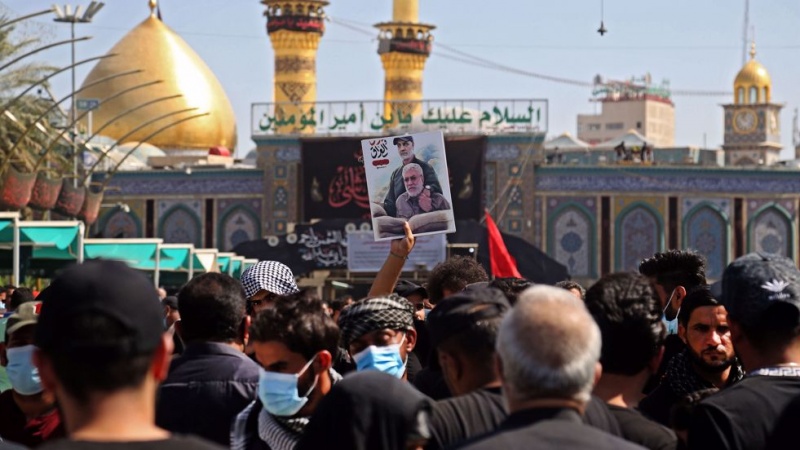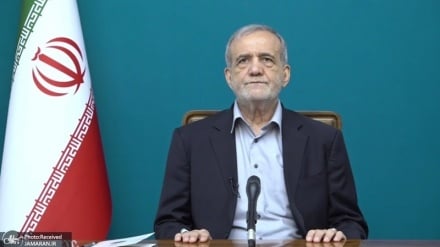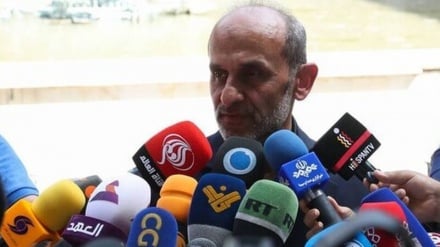Devotees mark Arba’een as COVID-19 restricts pilgrimage to Karbala
Muslims around the world commemorate Arba’een or the 40th day following the heartrending tragedy of Karbala and the martyrdom of Imam Husain (AS), the younger grandson and 3rd Infallible Successor of the Almighty’s Last and Greatest Messenger to mankind with the universal creed of Islam, Prophet Mohammad (blessings of God upon him and his progeny).
Each year, millions of Muslim mourners set off on a symbolic 80-kilometer walk to Karbala, where Imam Husain’s (AS) shrine is located, from the holy city of Najaf, where his father the Commander of Faithful Imam Ali (AS) reposes in eternal peace.
Accommodating the pilgrims along the road, as well as in both Najaf and Karbala, are thousands of make-shift tents, also known as mawkibs, that provide a wide range of services from votive food to medical care.
In 2019, more than 20 million pilgrims travelled to Iraq to attend Arba’een processions, including about more than two million from neighboring Iran.
Arba’een is the largest annual religious gathering in the world, with the number of pilgrims far exceeding the almost 2.5 million visitors who descend on the holy city of Mecca for the Hajj.
This year, however, only 1,500 pilgrims per country were allowed to fly into Iraq due to the coronavirus pandemic, which has infected 391,044 Iraqis and killed 9,604 others.
All Iran-Iraq border crossings have also been closed and Iranian citizens have been barred from travelling to Iraq.
Muslims have been advised to observe the mourning in other ways such as watching online or televised commemorations from home.
Meanwhile, local Iraqis, undeterred by the outbreak, marched to Karbala from all over the country while observing health protocols.
On Thursday, the English-language Twitter account of Leader of the Islamic Revolution Ayatollah Seyyed Ali Khamenei described Arba’een as “a lofty sign that God is showing to the world.”
SS



